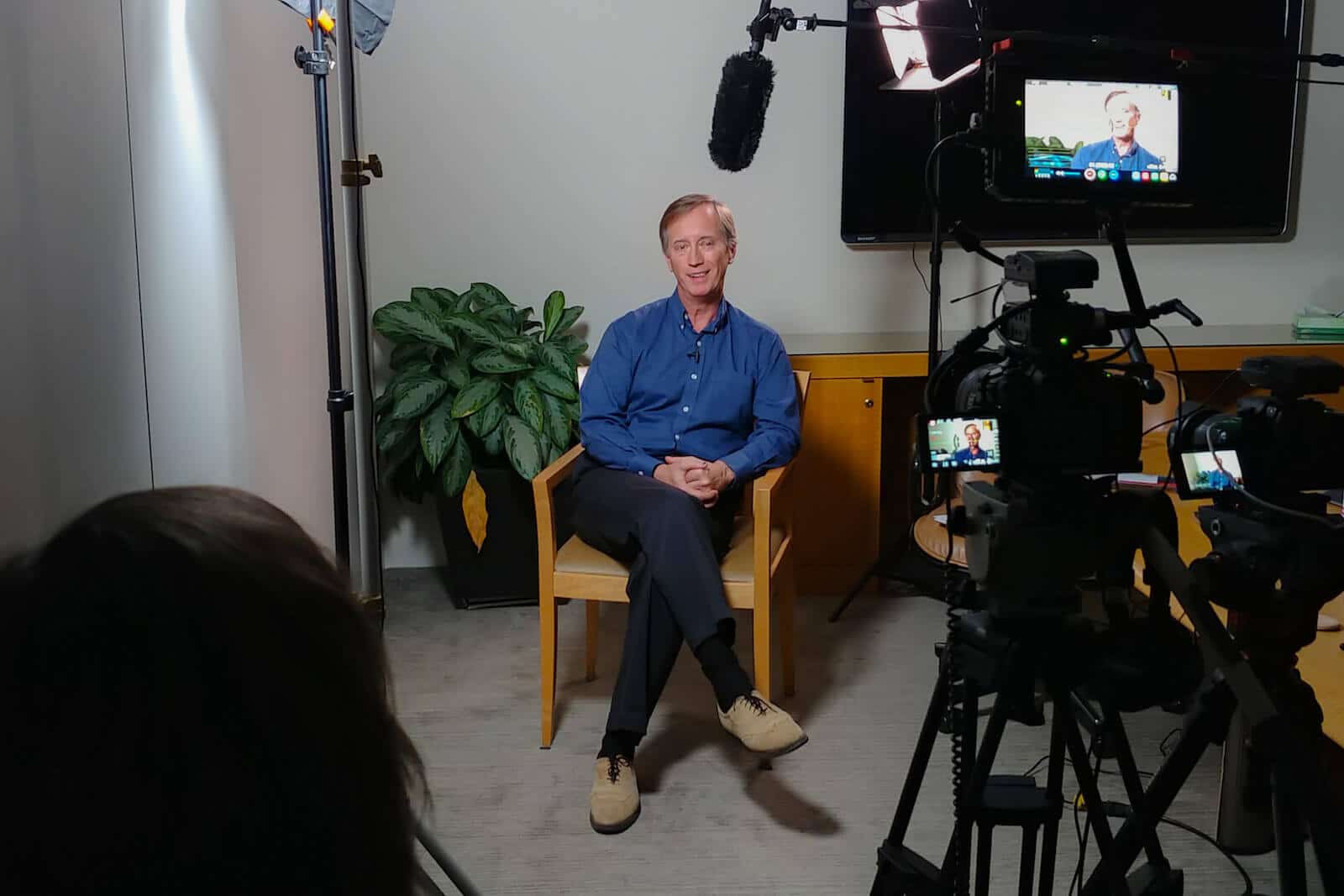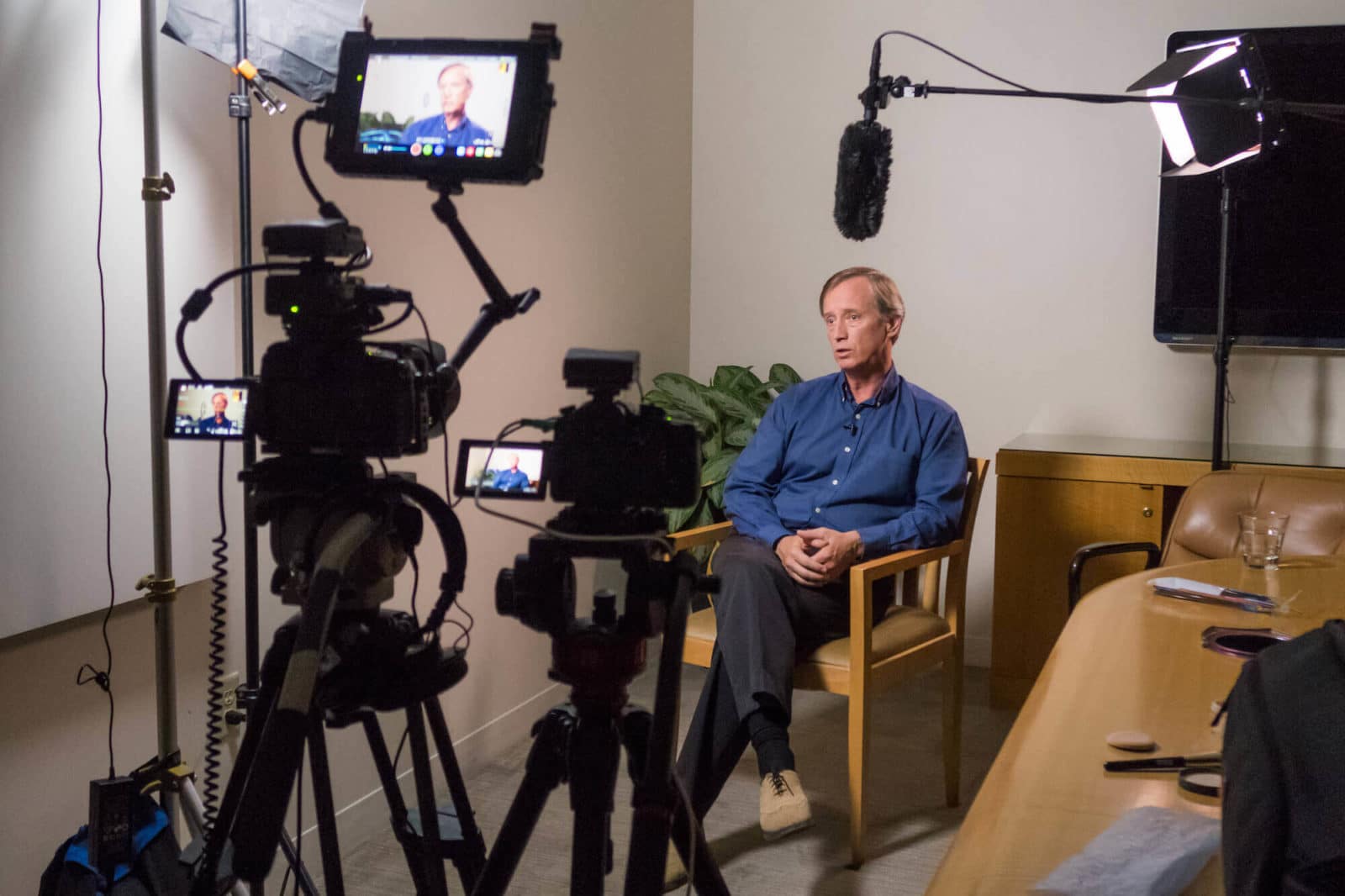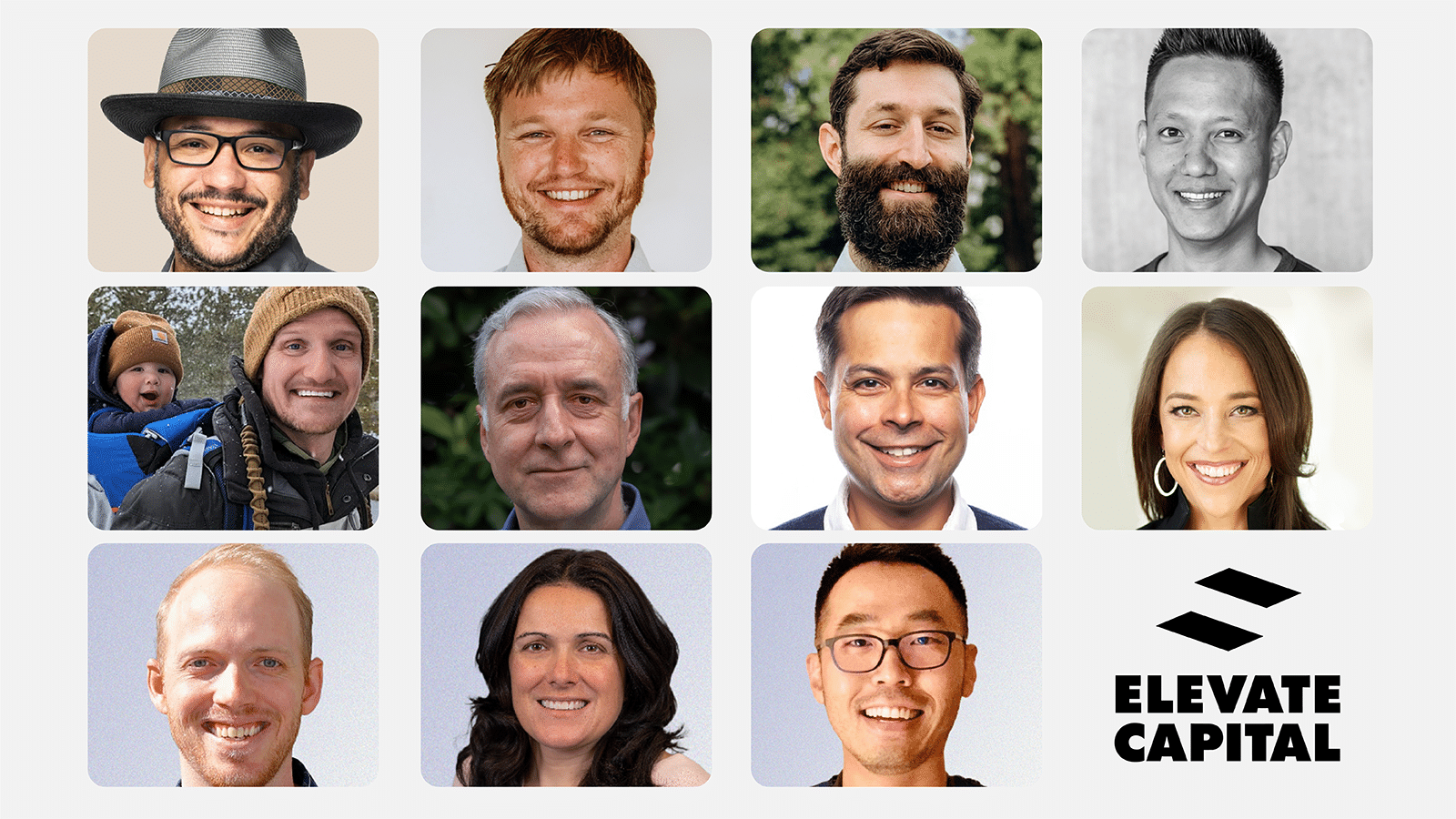What compelled you to start Curadite?
Usually, these things emerge as a matter of necessity. In my case, my daughter has a very adherence-sensitive neurological disorder—a pediatric seizure disorder—and has to take her medications in the morning and in the evening. My wife and I were living in constant fear that she would miss a dose.
You don’t really have to sit through too many grand mal seizures to realize that’s a really important problem. It’s one I thought I could solve. So, we founded Curadite with the intention of helping people remember to take their medications.
How did your childhood dream turn into this one?
I wanted to be a racecar driver. I didn’t become a professional racecar driver, but I do race cars still to this day. I think more than any academic experience I had, racing really honed my entrepreneurial instincts. You must decide and you must move on, and you get immediate feedback as to whether it was the right or wrong decision.
Children would make the best entrepreneurs. They’re not afraid to fail. They don’t really care what other people think, and they’re incredibly creative. If I were to go back and be a child again, I’d work on preserving as much of that as I could to carry that forward in what I’m trying to do now.
Tell us about Curadite.
Curadite has a huge mission, which is better medication adherence. The problem with a lot of entrepreneurs is they approach huge problems from a global, shotgun approach. There really is no silver bullet in this particular case. Various medication adherence scenarios differ and require different things from our platform.
It’s pretty well known now that healthcare is almost impossible to change. It is only possible to make fundamental changes in healthcare during periods of crisis. And that plays out in our mission here at Curadite—being focused on helping prevent opioid addiction.
During the early stages of Curadite, what was the impossible challenge?
Many people have failed with healthcare. I had a startup I worked on for the better part of eight years that eventually sold. But it never achieved the breakthrough success I expected, because I underestimated the resistance to new technologies and new ideas that exist in healthcare.
Technologies encounter a very specific barrier in healthcare like no other industry. The practice of medicine was founded on the principle of “first do no harm.” In the context of healthcare that’s a very honorable and essential tenet.
But in the case of new technologies, it can lead to an environment that gets locked into old, established solutions to the detriment of new technologies.
Share an “aha” moment from your first year in business.
For about the first nine months, we had committed the company to a target market in using our medication adherence platform to get better outcomes for Hepatitis C treatments. Hepatitis C is a horrible disease, and only recently has it been treatable with what they believe is now a cure. But it is very adherence-sensitive.
Out of the 84 pills you take in that $92,000 regimen, if you miss two days in a row or if you miss six over the entire 84-dose duration of the treatment, you could essentially sabotage that $92,000 treatment. It seemed like the perfect target market for us.
There was a high consequence to not taking your medications. The problem was it dealt with a clinical outcome, which of course complicates proving the success of your platform. We’d been talking to various Medicaid directors over a period of months, and they clearly wanted us to help them solve that problem. Along the way, they kept pointing to another serious social problem that we hadn’t fully grasped—and that was the opioid crisis.
We began thinking about making a pivot. We had heard from a source inside the FDA that they were going to declare the opioid crisis a national crisis. And the FDA, for the first time, was going to consider changing how all controlled substances were packaged. That was the sort of disruptive event that you can never predict—but, in fact—materialized. And that was the “aha” moment for us.

Any rituals that help you stay healthy and productive?
The toughest thing about being an entrepreneur is it’s such an immersive, all-consuming experience. There is not a minute of a day that you are not thinking about some aspect of your business—whether it’s the next investment campaign you’re going to launch or critical barriers you’re running into. There’s an endless, all-consuming sea of challenges.
Throughout my life, endurance road course racing has forced me to live in the moment. For two hours there is not a single other conscious thought invading my space. When I climb out of the car, my mind is placid and almost blank, and it’s just a singular experience.
I sort of live by the motto that there’s no way I can attain a balance in my life unless I’ve found my center. That’s the way in which I find my center.
What challenges do underserved entrepreneurs need to overcome?
It is a great credit to Elevate that they’ve been so involved with community outreach at the early stages of entrepreneurial development. Becoming an entrepreneur is more a process of evolution than education. However, in order to engage in that process of evolution, it has to start early.
At Curadite, we’re fortunate to have a woman co-founder, but we’re also fortunate to have started something called the Digital Health Collaborative. Last year, as an effort to support community outreach for the Digital Health Collaborative, we went to a local high school, and we offered up what we called a Connect-a-Thon Diabetes Challenge.
What we eventually did was an 8-week program that allowed them to build and then pitch their new ideas in front of an audience. I think that’s how you help students overcome, and I can tell you it worked. 65% of the students who participated in this highly technologically oriented exercise were young women. Of the six teams, four were led by young women.
As the father of two daughters, I hope that is the new face of digital health. Because it’s not the face of technology I have lived over my now 30-year career in technology. I think fundamental changes are happening at the earliest stages of evolution in someone’s entrepreneurial experience.
Describe your venture capital experience with the Elevate team.
Exactly what I knew it was going to be. I will not state my age for the record, but I will say that it is not my first rodeo. It was important that we developed a really solid team, and that started with the people we worked with to help formulate the company.
I have an attorney I’ve worked with on several of my entrepreneurial startups. That attorney has worked with Nitin closely over the decades. It was fairly easy to create a shortlist of local investors that we would go to for our initial seed rounds of investment.
Working with Nitin has already led to thinking further down our growth curve. We’re looking at accessing private equity quicker and working with investment bankers sooner than we might normally in a startup.
In what ways does Nitin Rai’s mentorship guide your success?
As part of their culture, Elevate and Nitin have a real affinity for minimal viable product development as a lean startup principle. At the earliest stages, they hooked us up with their entrepreneur-in-residence team, who helped shape and push back on some of our core premises for our product.
Also, Elevate Capital is a very customer-driven firm. Which means they will force you—in the most productive possible way—to hear the voice of the customer and follow that voice.
Many companies will doggedly pursue the wrong entry point until they die, rather than pivot. Sometimes that’s because they’re afraid of the reaction that an investor will have to pivot substantially from what they originally pitched.
Another characteristic the Elevate team has? They’re not afraid to have their portfolio companies pivot.
How has networking in Portland helped your business?
Networking was a critical factor in founding Curadite. As an entrepreneur, I have a deep background in healthcare, bioscience, and software transaction platforms. But I had never developed a piece of hardware before.
Getting the right talent—and being able to network through the various communities that Portland has been so good at fostering—I was able to tap into not only my network base but the network bases of my co-founders to really get Curadite off the ground quickly.
I would conservatively estimate that we got a million and a half dollars worth of advice and actual engineering work and product development work. Networking helped us come out with a much more sophisticated minimal viable product.
What advice would you give to an aspiring entrepreneur in an elevator?
I would say nothing—not another round of funding, not a key contact in the industry, not some sort of piece of secret technical sauce—literally nothing someone can offer you is worth working with the wrong people. That starts with investors, key vendors, and your co-founding team.
You are about to embark on a relationship with people that will last, ideally, a long time. Disruption and change can be hard. Do not inflict unnecessary, painful change on yourself by not carefully considering who you work with.



